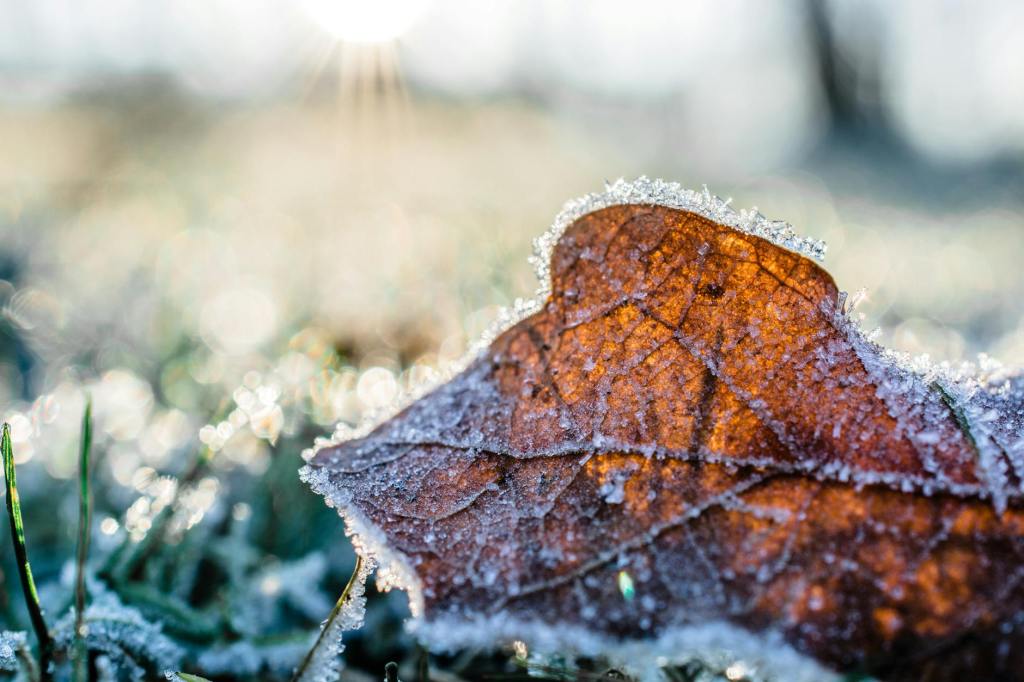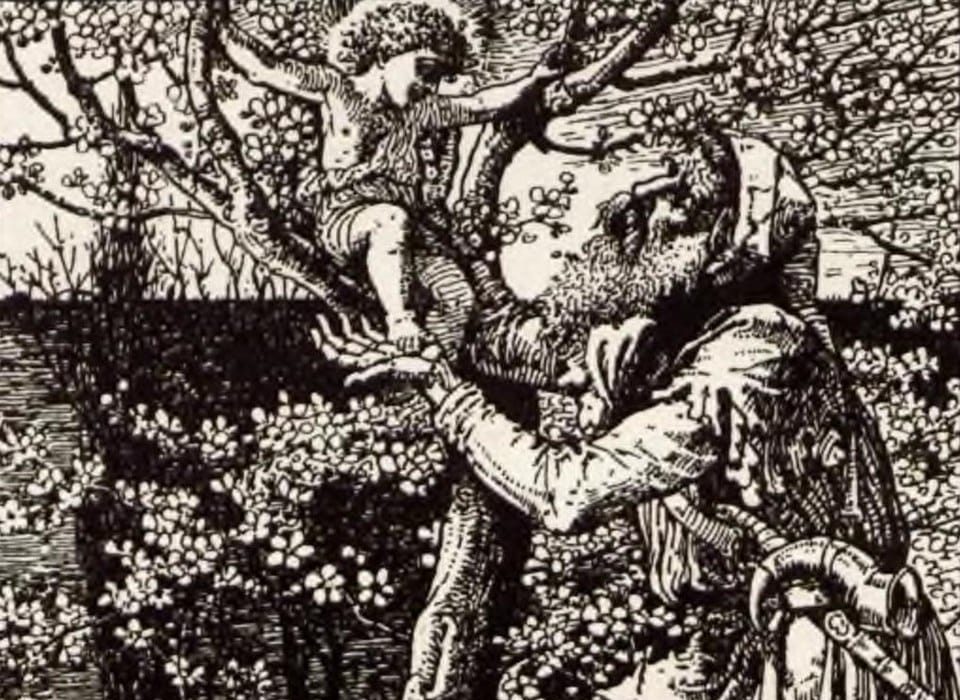In completing poetry research about aging, we find that many poems can be bitter or sad. Poets try to pull at our heartstrings and affect us if they can. Yet, within the shuddering darkness, we can find a few optimistic relics from time to time. In this post, we are going to analyze a few poems about aging that give us some insight into the matter.
The Good Side with “Life is Fine” by Langston Hughes
In our first poem, poet Langston Hughes of the Harlem Renaissance writes about the small things in life that help get us through. He states that he went down to the river one day and “set down on the bank.” Though he is unable to write, he jumps into the river and cries out at the cold. In a similar vein, he writes that he took an elevator to the top of a building, and again he felt like crying out. Finally, he reflects on these experiences by stating: “So since I’m still here livin’, / I guess I will live on. / … But for livin’ I was born.” Hughes is overjoyed at life and living, the experiences, and the joy. Poetry and aging are affected in this way—by experiencing life as it happens. Reminding yourself that you are alive is not always a bad thing.
“Written in a Carefree Mood” by Lu Yu
In Lu Yu’s “Written in a Carefree Mood,” the poet discusses seeing an old man of around 70 years old who moves like a young boy. The old man sees the mountain fruits, stacks tiles, and plays with his own image in a pool of water. He writes that “Tucked under his arm,” there is a “battered book to read,” and Yu finishes by stating that the old man probably acts just like he did on the first day of going to school.
“When You Are Old” by William Butler Yeats
The final reflection comes from Yeats, who writes that while being old is a limiting factor, there is something sublime in its reassurance. “When you are old and grey and full of sleep,” he writes, “And nodding by the fire, take down this book, / And slowly read, and dream of the soft look, / Your eyes had once, and of their shadows deep.”
We can often think of ourselves as old people softly reading at night. It is a nice thought. Yeats continues his poem by writing about this “glad grace” and the love we felt in the moments throughout our lives. But perhaps the most endearing part of the poem is the thought of remembering love in those times. “And bending down beside the glowing bars,” Yeats states, “Murmur, a little sadly, how Love fled / And paced upon the mountains overhead / And hid his face amid a crowd of stars.” Love in old age is a memory sometimes, but it doesn’t have to hurt to look back on it and smile.
Conclusion
Aging is many things. But when we look at poetry and aging, there is a sudden realization of importance. It is the realization that you are still alive, the feeling of being young again, and looking back on things lost and found through memory. The poets in this post expertly guide us through these feelings. Though they are of a singular mind, they still inform us of the universal feelings we all embrace about our own age.





Leave a comment